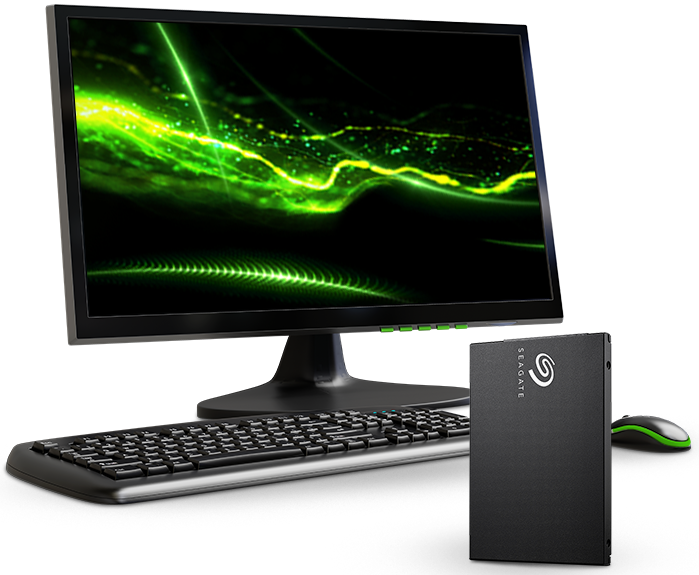Facepalm: Seagate hasn't had much to do with the consumer SSD market and it's new BarraCuda drives aren't all that exciting. If nothing else, perhaps they'll inspire the company to strive for more with future offerings.

Seagate this week launched a new consumer-grade solid state drive that arrives just in time for Amazon’s Prime Day shopping event.
The Seagate BarraCuda SSD looks like your run-of-the-mill 2.5-inch, SATA 6Gb/s drive. Manufactured in capacities of 250GB, 500GB, 1TB and 2TB, the drive boasts maximum sequential read and write speeds of 540 MB/s and 520MB/s, respectively, and comes backed by a five-year limited warranty.

It’s unclear if performance will vary by model nor do we know what kind of NAND chips / controller the drives will utilize; Seagate wasn’t terribly forthcoming in its specs sheet. According to a press release republished on some tech sites, drives will feature a 1.8M hour MTBF, up to 1,092 TBW and up to 90K IOPS although these details couldn’t be independently confirmed on Seagate’s website.
The 250GB, 500GB and 1TB drives are already listed on Amazon priced at $74.99, $119.99 and $229.99, respectively, as part of Amazon’s early Prime Day festivities. Amazon’s mega shopping event returns on July 16 but the company has put a ton of items on sale in the lead-up, much like it does with pre-Black Friday deals.
If you’d prefer to wait for broader availability, that’ll reportedly happen in September.
Pricing and availability of Seagate’s 2TB drive remain unknown.
https://www.techspot.com/news/75395-seagate-launches-barracuda-ssd-targeting-mainstream-users.html